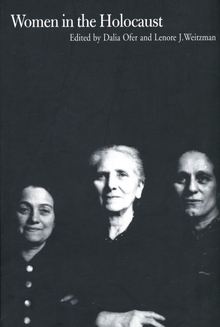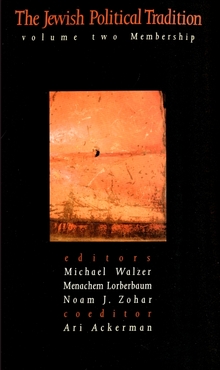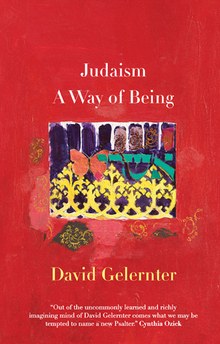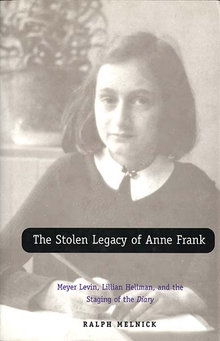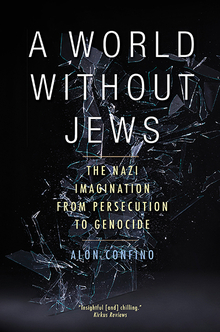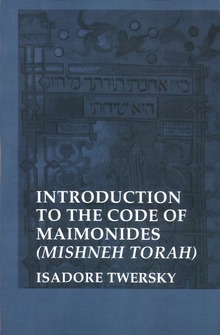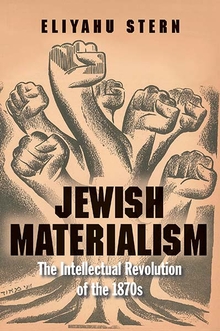Women in the Holocaust
WARNING
You are viewing an older version of the Yalebooks website. Please visit out new website with more updated information and a better user experience: https://www.yalebooks.com
Edited by Dalia Ofer and Lenore J. Weitzman
As Jews throughout Europe faced Nazi persecution, Jewish women—wives, daughters, mothers—encountered special problems and had particular vulnerabilities. This is the first book of original scholarship devoted to women in the Holocaust. By examining women’s unique responses, their incredible resourcefulness, their courage, and their suffering, the book enhances our understanding of the experiences of all Jews during the Nazi era.
The introductory essay by Lenore Weitzman and Dalia Ofer stakes out new intellectual territory and shows how questions about gender lead to a richer and more finely nuanced understanding of the Holocaust. Testimonies of Holocaust survivors, written especially for this book, shed light on women’s lives in the ghettos, the Jewish resistance movement, and the concentration camps. The narratives personalize and exemplify many of the larger themes explored in other chapters by Holocaust historians, sociologists, and literary experts. These chapters explore the variety and complexity of gender differences during the Holocaust. The culturally defined prewar roles of Jewish men and women endowed them with different spheres of knowledge, expertise, and skills with which to face the Nazi onslaught. During the war the Nazis imposed different regulations, work requirements, and sanctions on the two sexes. Women had to assume new roles as family protectors during the ghetto period, when men were more vulnerable. In contrast women, and especially mothers, were more vulnerable in the concentration camps. The detailed portraits of women in these chapters show us their individuality, strength, and humanity.
Contributors to this volume:
Gershon Bacon
Yehuda Bauer
Daniel Blatman
Gisela Bock
Ruth Bondy
Liza Chapnik
Ida Fink
Myrna Goldenberg
Sara R. Horowitz
Paula E. Hyman
Marion Kaplan
Felicja Karay
Bronka Klibansk
Lawrence L. Langer
Dalia Ofer
Renée Poznanski
Joan Ringelheim
Nechama Tec
Michal Unger
Lidia Rosenfeld Vago
Lenore J. Weitzman
The introductory essay by Lenore Weitzman and Dalia Ofer stakes out new intellectual territory and shows how questions about gender lead to a richer and more finely nuanced understanding of the Holocaust. Testimonies of Holocaust survivors, written especially for this book, shed light on women’s lives in the ghettos, the Jewish resistance movement, and the concentration camps. The narratives personalize and exemplify many of the larger themes explored in other chapters by Holocaust historians, sociologists, and literary experts. These chapters explore the variety and complexity of gender differences during the Holocaust. The culturally defined prewar roles of Jewish men and women endowed them with different spheres of knowledge, expertise, and skills with which to face the Nazi onslaught. During the war the Nazis imposed different regulations, work requirements, and sanctions on the two sexes. Women had to assume new roles as family protectors during the ghetto period, when men were more vulnerable. In contrast women, and especially mothers, were more vulnerable in the concentration camps. The detailed portraits of women in these chapters show us their individuality, strength, and humanity.
Contributors to this volume:
Gershon Bacon
Yehuda Bauer
Daniel Blatman
Gisela Bock
Ruth Bondy
Liza Chapnik
Ida Fink
Myrna Goldenberg
Sara R. Horowitz
Paula E. Hyman
Marion Kaplan
Felicja Karay
Bronka Klibansk
Lawrence L. Langer
Dalia Ofer
Renée Poznanski
Joan Ringelheim
Nechama Tec
Michal Unger
Lidia Rosenfeld Vago
Lenore J. Weitzman
Dalia Ofer is the Max and Rita Haber Professor of Contemporary Jewry–Holocaust Studies at the Hebrew University of Jerusalem. Lenore J. Weitzman is the Clarence J. Robinson Professor of Sociology and Law at George Mason University.
A selection of the Jewish Book Club
ISBN: 9780300080803
Publication Date: August 11, 1999
Publication Date: August 11, 1999
416 pages, 6 1/8 x 9 1/4

